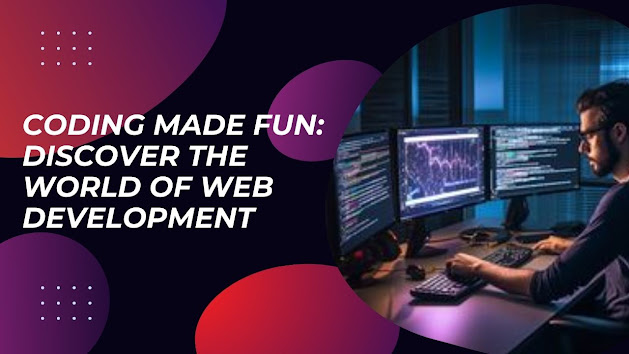Step-by-Step Process of Learning Path in e-Accounting
Introduction
In
today’s digital economy, Financial
e-Accounting
has become one of the most in-demand skills among commerce and finance
students. Learning e-Accounting
from beginner to expert helps individuals understand how businesses manage their financial data
through technology-driven systems and software.
Whether
you’re a fresher, commerce student, or working professional, e-Accounting opens
up career opportunities in accounting, auditing, taxation, and business
analytics.
1. The Foundation of e-Accounting
The
first stage of learning e-Accounting is understanding the fundamentals of
accounting — from journal entries to ledgers, trial balances, and financial
statements. This gives learners a clear understanding of how money flows within
a business.
Students
start by learning manual accounting and then progress to digital tools, which
help automate financial processes. This foundational knowledge is essential
before diving into professional software or advanced taxation modules.
2. Mastering Digital Tools and Software
Once
the basics are clear, the next step is learning digital accounting software
such as Tally Prime, Busy, and QuickBooks. These platforms are used in almost
every business today for tasks like voucher entries, balance sheet preparation,
and GST filing.
This
stage focuses on hands-on practice and real-time application — helping students
move from theoretical understanding to practical implementation in a business
setting.
3. Exploring Advanced e-Accounting and
Taxation
After
mastering software-based accounting, students explore advanced topics like GST
filing, TDS management, payroll processing, and business taxation. This phase
connects accounting knowledge with financial compliance and government
reporting.
Through
Advanced e-Accounting and Taxation training in Yamuna Vihar, students gain
confidence in handling complex taxation systems and preparing business accounts
that meet legal standards.
4. From Learner to Professional
When
learners become comfortable with both basics and advanced modules, they move
toward certification and job-oriented practice. Professional training includes
case studies, live projects, and real-world simulations.
A
Professional accounting and GST
training in Uttam Nagar helps students apply their skills practically and prepare for roles
like Accountant, Tax Executive, or Finance Analyst. Certification adds
credibility and improves job placement opportunities.
5. Software-Integrated and Advanced
Learning
An
Advanced e-Accounting Course with Software in Uttam Nagar ensures students
learn not only accounting but also how to work with digital business tools
efficiently. It integrates Excel for data analysis, GST utilities for
compliance, and ERP systems for corporate accounting.
This
approach builds a well-rounded skill set — combining finance, software, and
analysis — essential for professional growth in today’s job market.
6. Complete Learning Journey for Future
Professionals
Finally,
students aiming for a full career in finance can enroll in Best e-Accounting Training Institute
in Yamuna Vihar
where structured programs guide them step-by-step — from basics to expert
level. Courses include projects, assignments, and mock sessions that prepare
learners to face real-world accounting challenges with confidence.
Conclusion
The
path to becoming an e-Accounting professional is built on continuous learning
and hands-on experience. By mastering both theory and practical applications,
you can handle modern business accounting with confidence.
Whether
you are just starting your career or looking to upgrade your skills, investing
your time in e-Accounting is a decision that pays off — preparing you for a
successful future in digital finance and accounting. Visit Us
Suggested Links:




Comments
Post a Comment